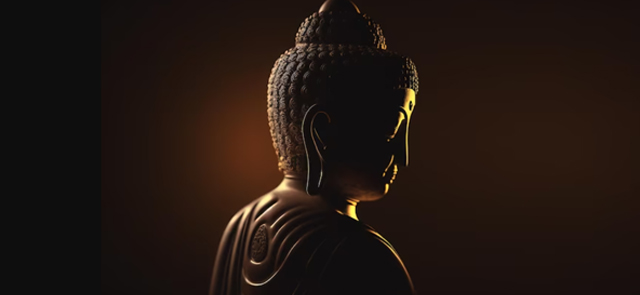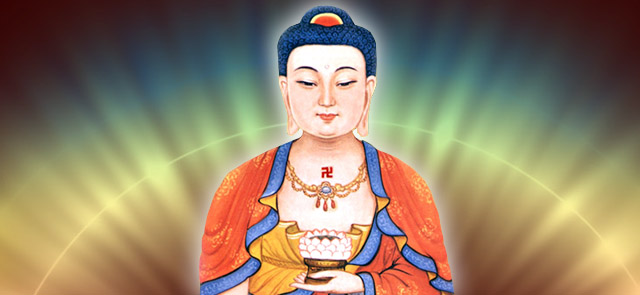In the realm of Buddhism, a profound axiom stands tall, challenging conventional notions: "Buddhist truth is not acquired through practice, but practice through understanding." This enigmatic statement encapsulates the essence of Buddhist philosophy, shedding light on the prioritization of wisdom and comprehension over mere ritualistic practice. Delving into the depths of this maxim unveils a paradigm shift in the approach towards spiritual enlightenment within the Buddhist tradition.
At its core, Buddhism is not merely a religion but a path to awakening, offering profound insights into the nature of existence and the human condition. While practice undoubtedly plays a pivotal role in the journey towards enlightenment, the emphasis on understanding highlights a fundamental distinction within Buddhist teachings. Unlike some religious systems where adherence to rituals and ceremonies takes precedence, Buddhism places a premium on the cultivation of wisdom and insight.
Central to Buddhist philosophy is the concept of "Dharma," which encompasses the teachings of the Buddha and the ultimate truth about existence. The pursuit of Dharma involves not just blind adherence to doctrines but a deep investigation into the nature of reality and the self. This quest for understanding serves as the catalyst for spiritual growth, guiding practitioners towards liberation from suffering.
In the Buddhist tradition, the path to enlightenment is delineated through the Noble Eightfold Path, which comprises eight interconnected principles including Right Understanding, Right Intention, Right Speech, Right Action, Right Livelihood, Right Effort, Right Mindfulness, and Right Concentration. Among these, Right Understanding (Samma Ditthi) holds paramount importance, as it forms the foundation upon which the entire path rests. Without a clear comprehension of the nature of suffering, its causes, and the way to its cessation, progress along the spiritual journey remains elusive.
The Buddhist scriptures emphasize the cultivation of insight (vipassana) as a means to transcend the cycle of birth and death (samsara). Vipassana meditation, characterized by mindful awareness and deep contemplation, allows practitioners to penetrate the veil of illusion and directly perceive the impermanent, unsatisfactory, and selfless nature of existence. Through sustained practice, individuals develop an experiential understanding of the Four Noble Truths – the truth of suffering, the truth of the cause of suffering, the truth of the cessation of suffering, and the truth of the path leading to the cessation of suffering.
However, the pursuit of understanding in Buddhism transcends intellectual comprehension; it encompasses a holistic transformation of one's being. It involves integrating wisdom into everyday life, manifesting in compassionate action and ethical conduct. As the renowned Zen master Thich Nhat Hanh eloquently stated, "Understanding is the fruit of meditation. When we understand the roots of our suffering, we are already on the path of release."
The concept of "emptiness" (sunyata) further elucidates the Buddhist perspective on understanding. Emptiness does not denote nihilism or nothingness but rather the interconnectedness and interdependence of all phenomena. Through a profound realization of emptiness, one transcends dualistic thinking and perceives the world with clarity and equanimity.
In essence, the maxim "Buddhist truth is not acquired through practice, but practice through understanding" underscores the inseparable link between wisdom and practice in the Buddhist path. While rituals and meditative techniques serve as invaluable tools for inner transformation, they are means to an end rather than ends in themselves. True liberation arises not from blind adherence to rituals but from a deep comprehension of the nature of reality and the self.
In conclusion, the essence of Buddhism lies in the cultivation of wisdom and understanding as the cornerstone of spiritual practice. By embracing the profound teachings of the Buddha and integrating them into our lives, we embark on a transformative journey towards liberation from suffering and the realization of ultimate truth. It is through the marriage of understanding and practice that the profound insights of Buddhism are revealed, guiding us towards enlightenment and inner peace.






